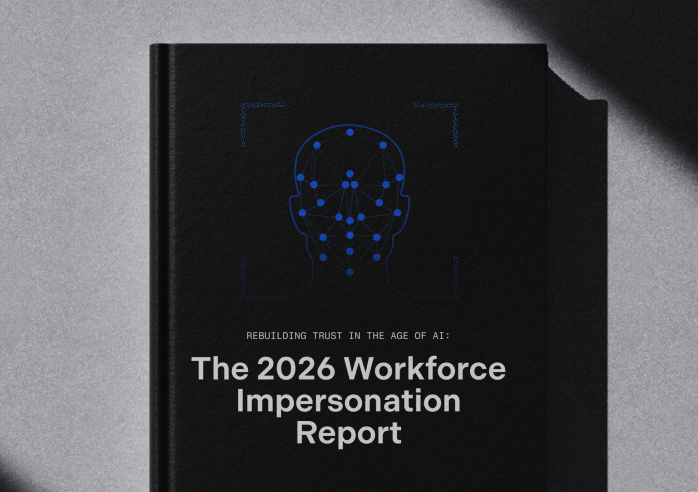As we reflect on many of the initiatives seen during May’s Mental health Awareness Month, we at Nametag feel even more strongly about our mission, and the role we can play in helping to create a safer, more human internet.
We’ve been asking ourselves, “How can our work create a safer digital landscape for our peers, whether they’re interacting through social media, or working day to day digitally?” These are ongoing questions that our team continues to consider in our work, but our team has outlined our objective:
Nametag is dedicated to building solutions to create a safer digital landscape for users around the world.
Who Can You Trust Online?
In today’s digital landscape, it’s getting harder to figure out who you can and can’t trust. Social media companies are struggling to moderate the anonymous trolls and scammers abusing their platforms.
More reports emerge every day about malicious actors operating under the shadow of anonymity (or even impersonating real people and brands to harass innocent people or commit cyber crime).
And to make matters worse, the number of potential scams or faceless threats is only growing. As the level of potential scams overwhelm average users, more people are reporting that they have “scammer induced stress” because they can never know who they can trust. Most recently, Twitter has been in the news having to address their own shortcomings with anonymous trolls and even coordinated bots attacking public figures with the same vitriol that is used on your average everyday user. As these consistent attacks on people have become systemic to online interactions, the response from social media platforms has to be one that addresses their effects on the mental health ramifications
Responding to Malicious aActors
Thankfully, government officials and private firms are aware of these issues and preparing to respond. For example, the UK has added new provisions to their pending Online Safety Bill to require platforms like Facebook, Instagram or Twitter to implement identity verification measures into their services.
This is where Nametag comes in. We’re taking proactive steps to offer solutions in line with recommended best practices to secure digital platforms and eliminate harassment on public platforms.
We’re working with companies to empower their users with Multi-Factor Identity technology to secure their important accounts. This allows users to combine real-time face matching with a government-issued ID to offer secure sign-ins that bring agility, security and privacy together.
Users can complete verification through a secure app clip (for iOS) or mini app (for Android) on your phone to guarantee they’re only sending an organization the information they need, and streamlining compliance requirements for companies by reducing the amount of Personally Identifiable Information they’re storing.
By implementing these solutions and requirements, we’re helping social media platforms meet new requirements to protect their users and eliminate bad actors and anonymous trolls altogether. We hope that as more companies begin cracking down on trolls and scammers, we can help users mitigate stress and understand who they can trust on a social platform.
Looking Ahead
While the Nametag team is grateful for the opportunity to support users seeking a better experience for their mental health, we know this is only the beginning.
We can imagine a digital ecosystem where authenticity and a clear understanding of who you are communicating with offers not only security and safety, but also a coveted sense of civility, which only seems to remain on platforms like LinkedIn due to the need to be professional and identifiable.
Focus on mental health concerns can’t be contained within one month, and the Nametag team is committed to initiatives and solutions outside of Mental Health Awareness Month to continue supporting users and building a safer digital experience.



